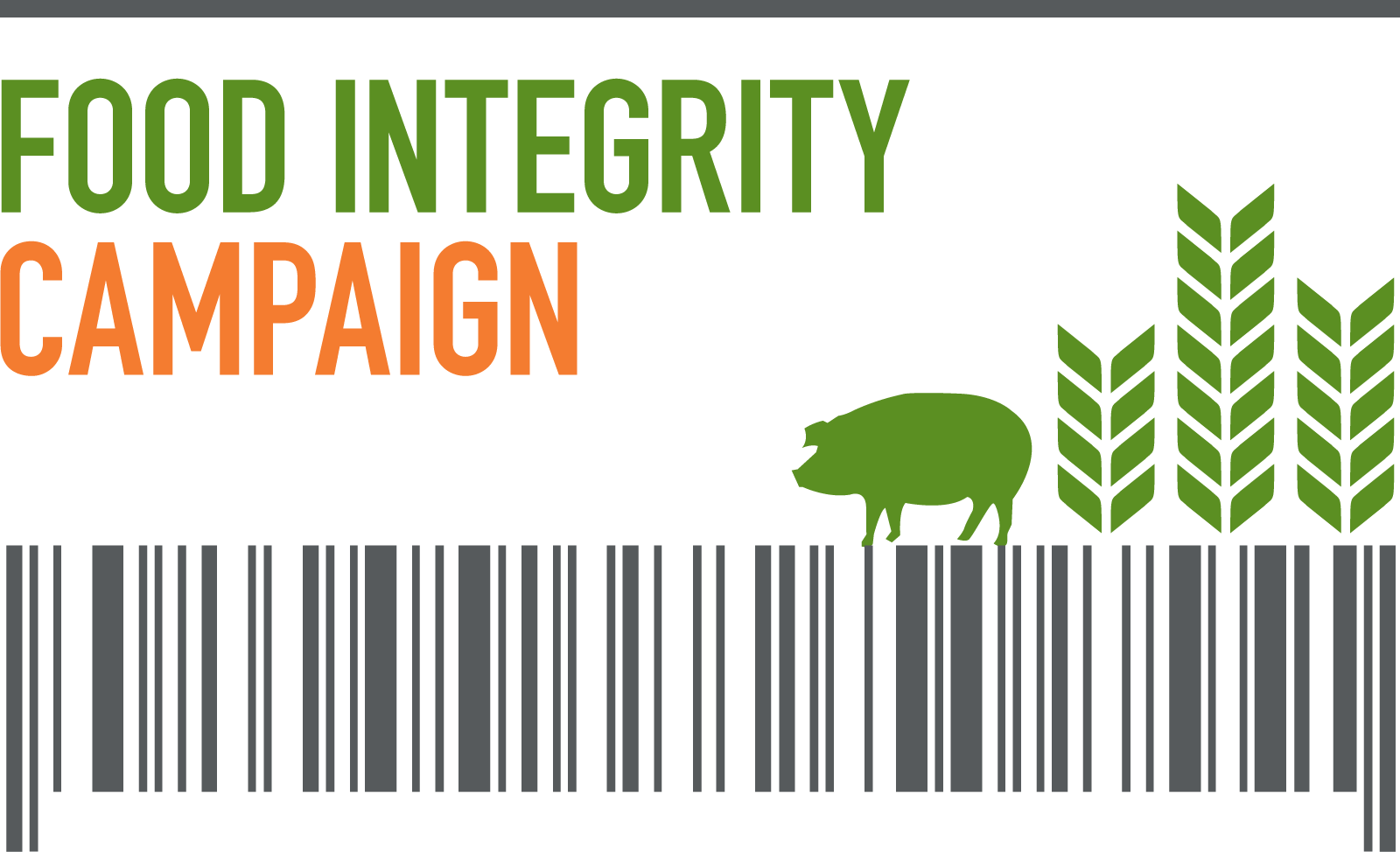Food service industry workers have it tough, according to a new report — Behind the Kitchen Door: A Multi-Site Study of the Restaurant Industry — released by Restaurant Opportunities Centers (ROC) United, a national restaurant workers’ organization launched in 2008. In fact, workers face conditions that threaten both themselves as well as public health — a frequent result of what the report calls “taking the low road” and that is found throughout the industry. From the report:
Restaurant employers who take the high road are the source of the best jobs in the industry— those that provide livable wages, access to health benefits, and advancement in the industry. Taking the low road to profitability, however, creates low-wage jobs with long hours, few benefits, and exposure to dangerous and often- unlawful workplace conditions. Our research indicates that the majority of restaurant employers in each of the eight regions examined appear to be taking the low road, creating a predominantly low-wage industry in which violations of employment and health and safety laws are commonplace.
 More than 4,000 workers were surveyed in New York, Chicago, Metro Detroit, Los Angeles, Maine, Miami, New Orleans, and Washington, DC. Of those, 63.7 percent worked while being sick, and 34.6 percent reported having to do things under time pressure that might have harmed the health and safety of the consumer.
More than 4,000 workers were surveyed in New York, Chicago, Metro Detroit, Los Angeles, Maine, Miami, New Orleans, and Washington, DC. Of those, 63.7 percent worked while being sick, and 34.6 percent reported having to do things under time pressure that might have harmed the health and safety of the consumer.
In each location, it was evident that “restaurant employers who violate labor laws are also more likely to violate health and safety standards in the workplace.”
The report on restaurant workers in Washington, DC, for example, showed the following statistics:
- 11.4% of restaurant workers surveyed have unlawfully been paid less than the legally-mandated minimum wage of $8.25.
- 33.5% are not paid 1.5 times the normal wage for when they work over 40 hours in violation of district and federal laws. In fact, we even received reports from some workers that they were not being paid at all for any hours they worked beyond 40.
- Workers reported health and safety hazards at their workplace, compounded by a pervasive lack of health and safety training. In addition, many of the workers we spoke with reported on-the- job injuries.
- Many workers who asserted their rights reported that their complaints were met with verbal abuse and threats of retaliation. (bold emphasis mine)
A D.C. prep cook said in an interview that a rat infestation in the restaurant she worked at could have been prevented “if the employees had food and a break to eat.” Almost a quarter of D.C. restaurant workers surveyed said they felt pressured by time to cut corners in food preparation, causing potential safety risks to customers.
An underlying theme articulated throughout our conference last week was the inextricable link between workers’ rights and food safety. Even an in-house study done by the United Food and Commercial Workers (UFCW) showed that plants with non-union workers witnessed increased food safety problems (i.e. recalls, etc.) than plants with workers who were unionized. In other words, food safety was better when employees had improved working conditions.
Sarah Damian is Communications Manager for the Food Integrity Campaign.
